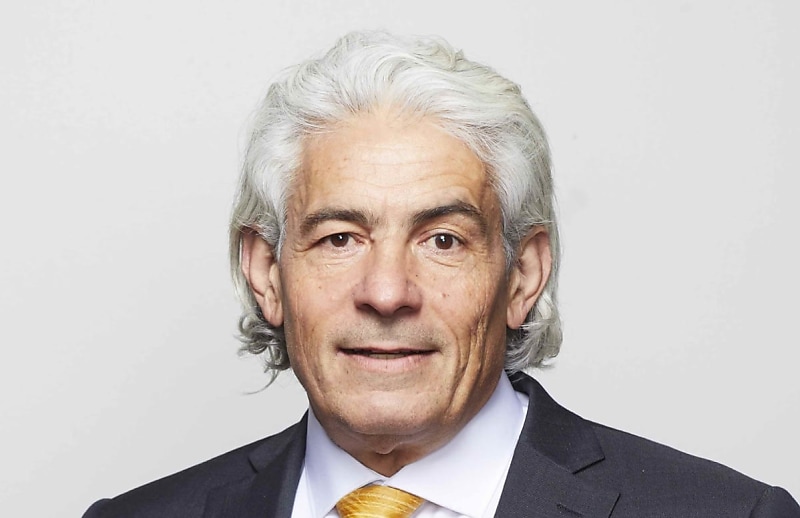Accountant calls on industry to address ‘trusted adviser myth’
BusinessAn accountant has taken it upon himself to conduct research into SME failures, finding it was time to challenge the idea of a “trusted adviser”.

Accountants are struggling to properly service and efficiently help their clients with their cash flow and business operations, which is contributing to the increase in small business insolvencies.
According to a Canberra-based industry expert, fellow chartered accountant, ex-Deloitte partner, insolvency expert and business owner, accountants aren’t maintaining trust-based relationships when servicing a range of multiple clients.
This expert, Eddie Senatore, conducted research at the beginning of 2025 to uncover the root cause of why so many small businesses were failing or facing insolvency.
Senatore conducted 80 interviews with accountants and bookkeepers across Australia and asked them the simple question: Why are small business clients still ending up in financial distress, even when they have a ‘trusted adviser’?
According to Senatore, what emerged from this research was a “striking disconnect” between what accountants believed they were delivering and what financially distressed clients said they experienced.
In an upcoming Under the Hood podcast episode, Senatore said a tough reality was that trust wasn’t built through infrequent, transactional interactions.
Instead, it was built through deep engagement where accountants and bookkeepers spent time understanding their clients, their clients’ business, their goals, ambitions and the specific challenges they faced.
“My recent study of accountants shows that, somewhat surprisingly, accountants are still focused on tax, tax accounting and tax strategies,” he said.
“One way to test whether accountants are in fact trusted advisers to ask clients whether they would still have a relationship if end-of-year tax work, through some stroke of magic, wasn’t required?”
In addition, Senatore noted that the trusted adviser term often assumed a foundation of “all knowledge”, yet the focus on tax as the primary motivator highlighted how entrenched compliance work remained in the profession.
“To create genuine value, accountants can benefit from rethinking their approach – moving away from the catch-all phrase of trusted adviser and instead concentrating on fewer clients, offering them more dedicated, tailored services.”
From his research, Senatore found that a significant challenge that accountants and bookkeepers faced was the hesitation to address financial issues early, as both clients and financial professionals often waited until problems became severe before taking action.
It was also found that clients struggled with understanding the seriousness of their financial situation or didn’t fully appreciate the value of proactive financial management.
“As their financial professional, it is essential for you to help them recognise the risks of delaying action and offer solutions,” Senatore said.
“As an accountant or bookkeeper, you have the knowledge and insight to lead conversations about financial health. Rather than waiting for clients to raise concerns, take the initiative.”
“By regularly engaging with clients and addressing potential risks early, you establish yourself as a valuable partner who helps guide their business in the right direction.”
“The more proactive you are, the more likely your clients are to succeed. Humble inquiry is a skill. Remember, it is not always about the numbers.”




